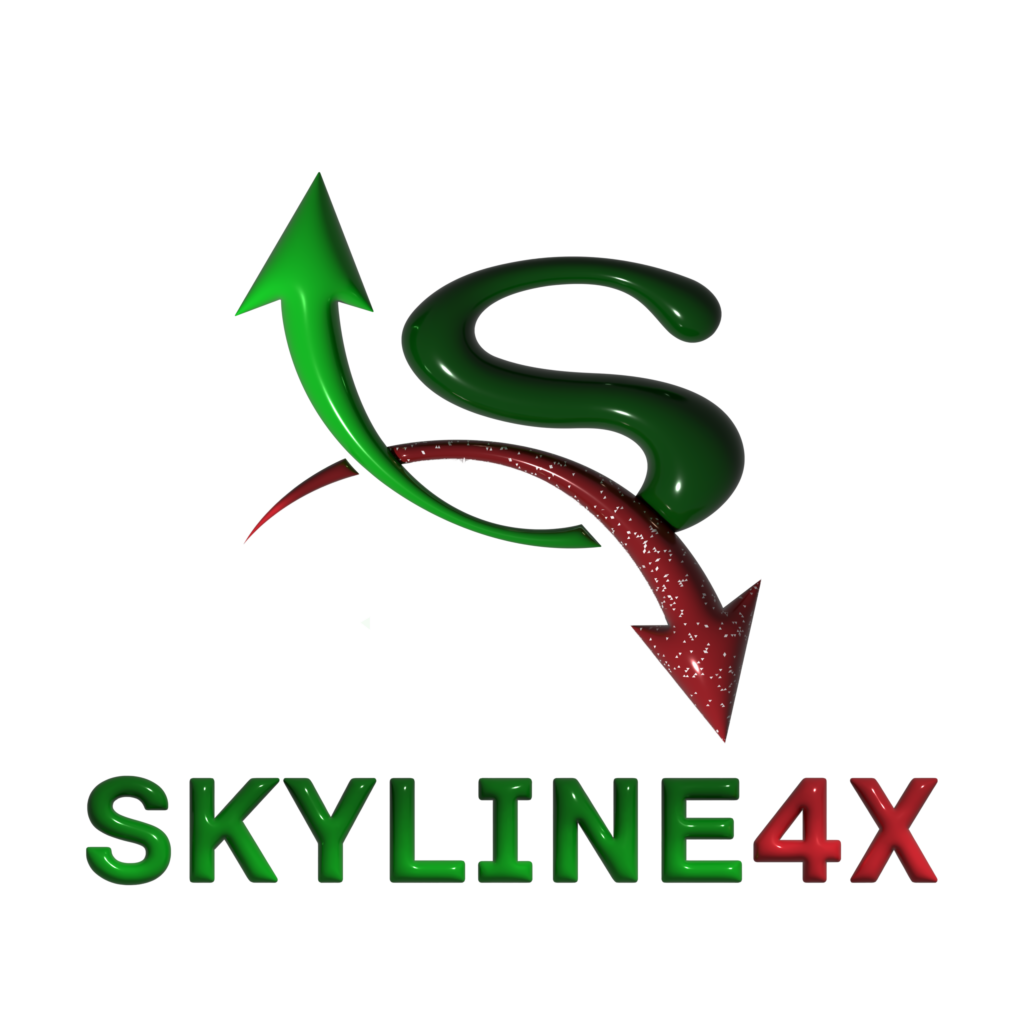Glossary
Accrual
The apportionment of premiums and discounts on forward exchange transactions that relate directly to deposit swap (interest arbitrage) deals, over the period of each deal.
Adjustment
Official action normally occasioned by a change either in the internal economic policies to correct a payment imbalance or in the official currency rate.
Aggressive
Traders and/or price action are acting with conviction.
Analyst
A financial professional who has expertise in evaluating investments and puts together buy, sell and hold recommendations for clients.
Appreciation
A product is said to ‘appreciate’ when it strengthens in price in response to market demand.
Arbitrage
The simultaneous purchase or sale of a financial product in order to take advantage of small price differentials between markets.
Balance of Trade
The value of a country’s exports minus its imports.
Bar Chart
A type of chart which consists of four significant points: the high and the low prices, which form the vertical bar; the opening price, which is marked with a horizontal line to the left of the bar; and the closing price, which is marked with a horizontal line to the right of the bar.
Barrier Level
A certain price of great importance included in the structure of a Barrier Option. If a Barrier Level price is reached, the terms of a specific Barrier Option call for a series of events to occur.
Barrier Option
Any number of different option structures (such as knock-in, knock-out, no touch, double-no-touch-DNT) that attaches great importance to a specific price trading.
Base Currency
The first currency in a currency pair. It shows how much the base currency is worth as measured against the second currency. For example, if the USD/CHF (U.S. Dollar/Swiss Franc) rate equals 1.6215, then one USD is worth CHF 1.6215.
Base Rate
The lending rate of the central bank of a given country.
Cable
The GBP/USD (Great British Pound/U.S. Dollar) pair. Cable earned its nickname because the rate was originally transmitted to the US via a transatlantic cable beginning in the mid 1800s when the GBP was the currency of international trade.
Cad
The Canadian dollar, also known as Loonie or Funds.
Call Option
A currency trade which exploits the interest rate difference between two countries. By selling a currency with a low rate of interest and buying a currency with a high rate of interest, the trader will receive the interest difference between the two countries while this trade is open.
Carry Trade
This is a fee that the client has to pay to keep a position open overnight. From Wednesday to Thursday swaps are calculated in triple size (for the weekend).
Cash Price
The price of a product for instant delivery; i.e., the price of a product at that moment in time.
CBS
Abbreviation referring to central banks.
Day Trader
Speculators who take positions in commodities and then liquidate those positions prior to the close of the same trading day.
Deal
A term that denotes a trade done at the current market price. It is a live trade as opposed to an order.
Dealear
An individual or firm that acts as a principal or counterpart to a transaction. Principals take one side of a position, hoping to earn a spread (profit) by closing out the position in a subsequent trade with another party.
Delivery
A trade where both sides make and take actual delivery of the product traded.
Delta
The ratio between the change in price of a product and the change in price of its underlying market.
Depreciation
The decrease in value of an asset over time.
ECB
European Central Bank, the central bank for the countries using the euro.
Euro
The currency of the Eurozone.
Extended
A market that is thought to have traveled too far, too fast.
Ex-Dividend
A share bought in which the buyer forgoes the right to receive the next dividend and instead it is given to the seller.
Factory Orders
The dollar level of new orders for both durable and nondurable goods. This report is more in depth than the durable goods report which is released earlier in the month.
FED
The Federal Reserve Bank, the central bank of the United States, or the FOMC (Federal Open Market Committee), the policy-setting committee of the Federal Reserve.
Fill
When an order has been fully executed.
First In First Out
All positions opened within a particular currency pair are liquidated in the order in which they were originally opened.
G7
Group of 7 Nations – United States, Japan, Germany, United Kingdom, France, Italy and Canada.
G8
Group of 8 – G7 nations plus Russia.
Gap
A quick market move in which prices skip several levels without any trades occurring. Gaps usually follow economic data or news announcements.
Ger30
An index of the top 30 companies (by market capitalization) listed on the German stock exchange – another name for the DAX.
Given
Refers to a bid being hit or selling interest.
Gold
It is commonly accepted that gold moves in the opposite direction of the US dollar. The long-term correlation coefficient is largely negative, but shorter-term correlations are less reliable.
Handle
Every 100 pips in the FX market starting with 000.
HAWK
A country’s monetary policymakers are referred to as hawkish when they believe that higher interest rates are needed, usually to combat inflation or restrain rapid economic growth or both.
Hedge
A position or combination of positions that reduces the risk of your primary position.
Ger30
An index of the top 30 companies (by market capitalization) listed on the German stock exchange – another name for the DAX.
Hit The Bid
To sell at the current market bid.
HK 50
Names for the Hong Kong Hang Seng index.
